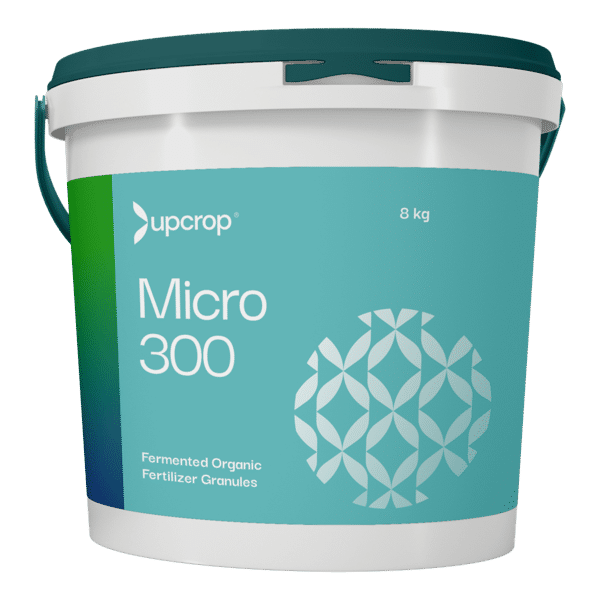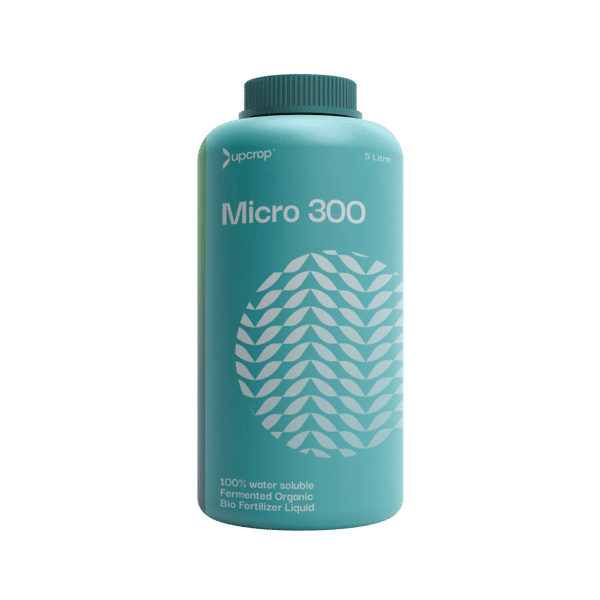Trishul Biotech‘s Composting Cultures collection offers products for decomposing cellulose, lignin, lipids and protein. Biomass is converted to Organic Fertilizer by using these microbial cultures.
Trishul Biotech’s composting products promote recycling of organic matter, reduce waste and replenish depleted soils.
Organic fertilizers are among the most effective and natural ways to maximize yield. These fertilizers rely on natural processes such as decomposition by soil organisms rather than synthetic chemicals, which kill beneficial microorganisms in your soil. They are mostly comprised of organic substances formed from the decomposition of organic waste in the soil and also contain essential elements such as nitrogen, phosphorus, potassium, and calcium. Organic fertilizers are also biodegradable and help improve plants’ health, increase their growth rate, and promote higher yields.


